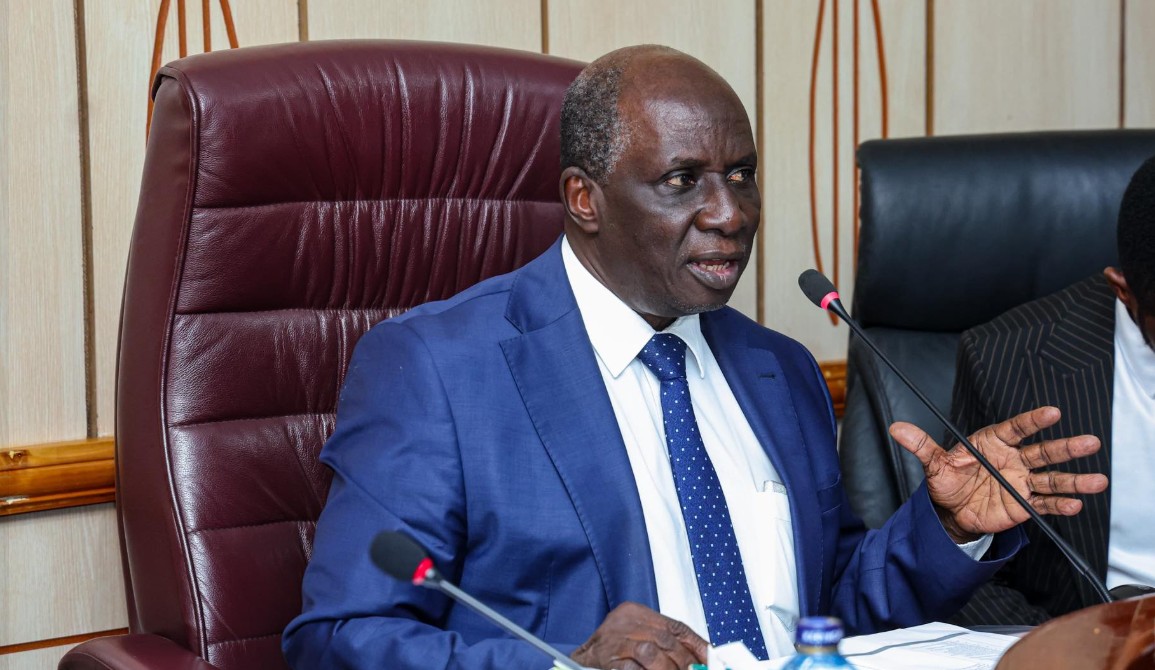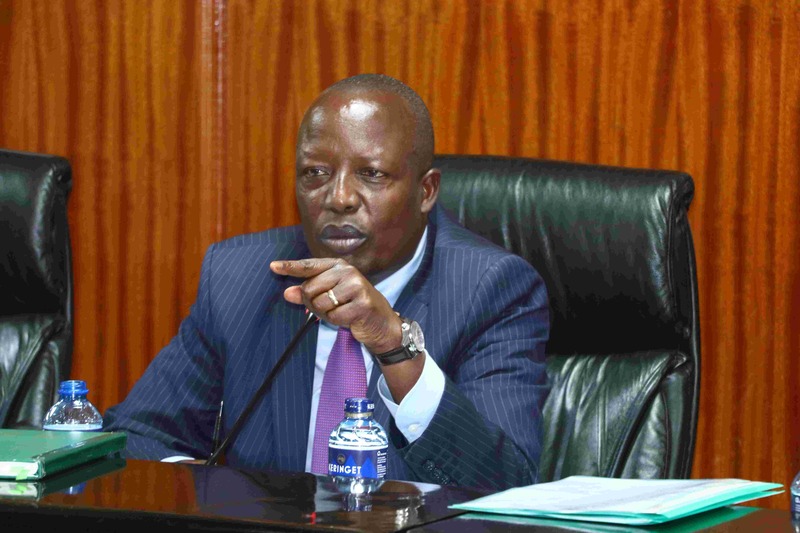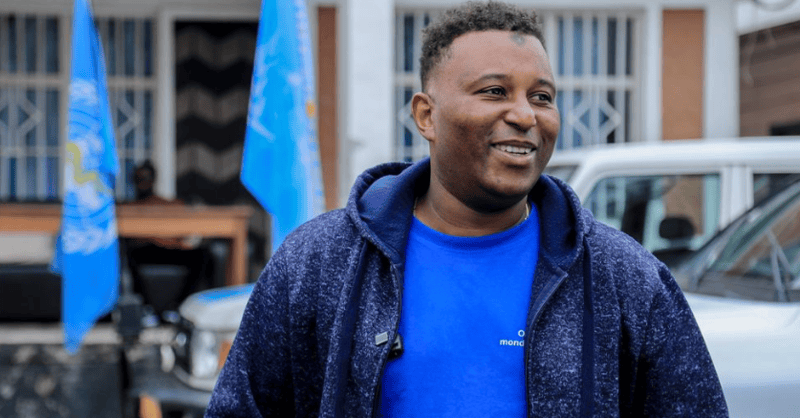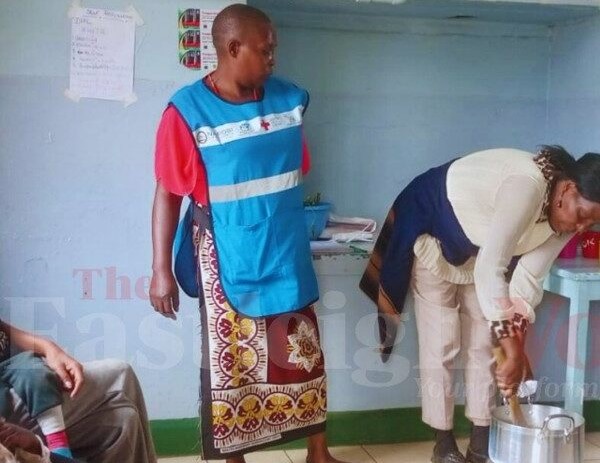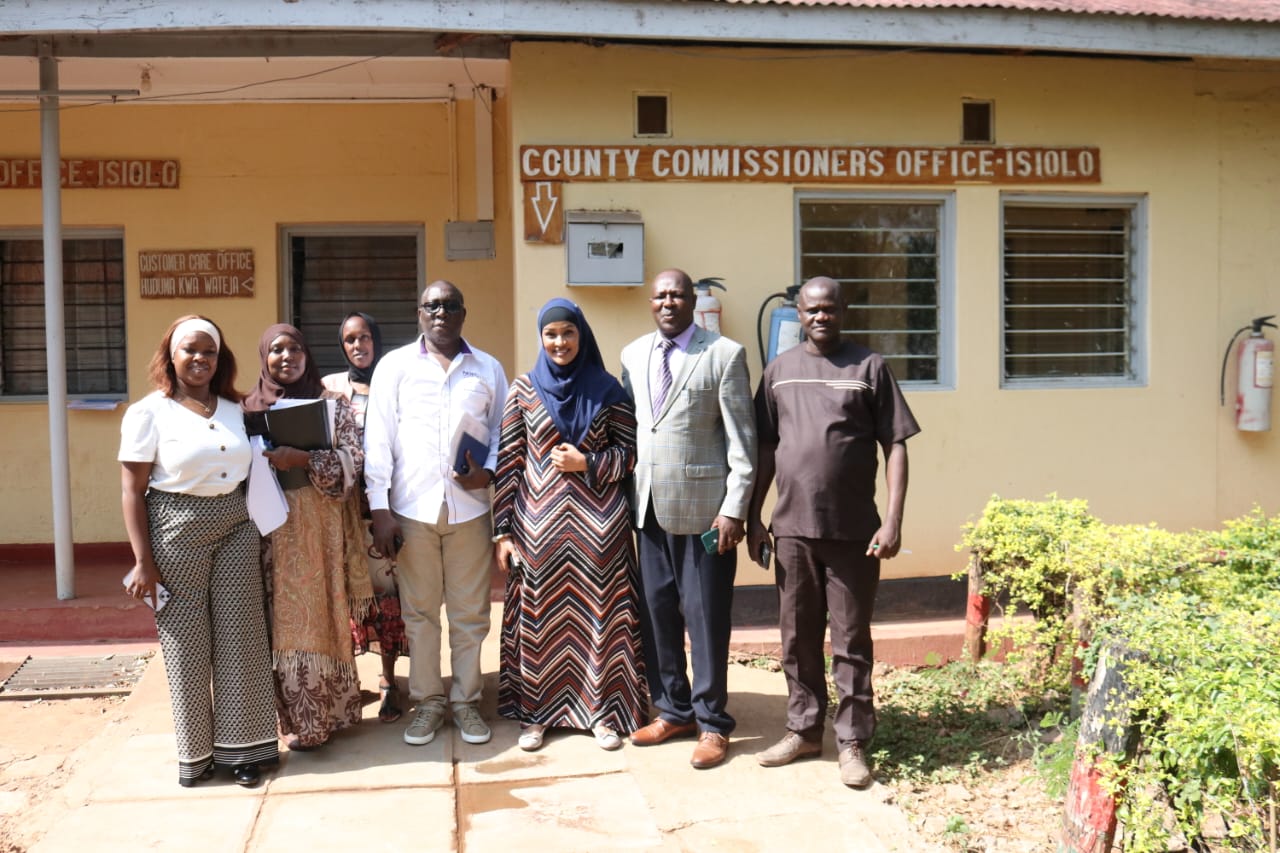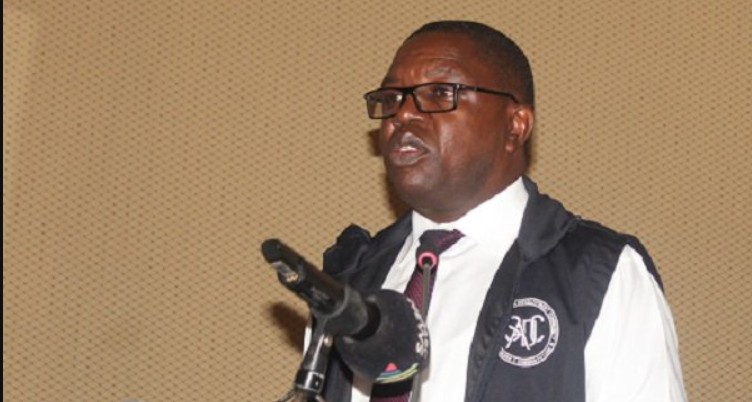SHIF dilemma for parents grappling with limited benefits, high costs as children return to school
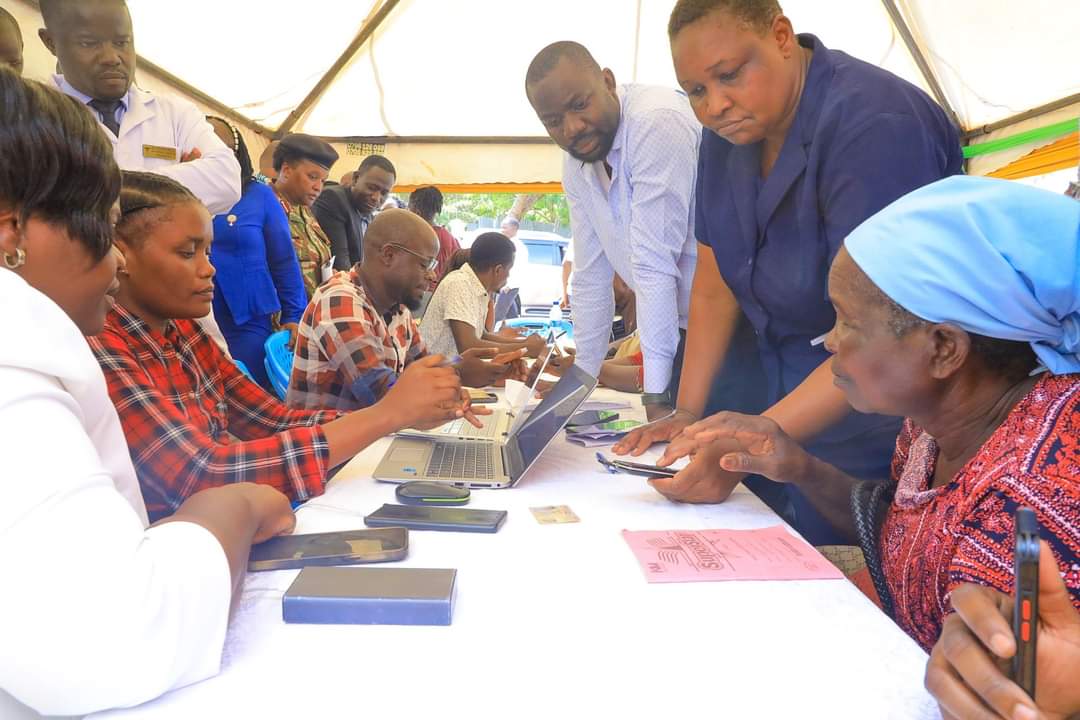
Under SHIF, primary healthcare services — including consultations, diagnostics, and treatments—are restricted.
As the new school term approaches, Maurice Kinyanjui, a father of two daughters—one in high school and the other in primary school—is grappling with whether to enrol his family in the Social Health Insurance Fund (SHIF). His primary concern revolves around the coverage provisions for families, which he finds inadequate and impractical.
Despite court rulings overturning mandatory student enrollment President William Ruto has urged parents to voluntarily register their children. However, progress has been sluggish, with many parents expressing concerns and uncertainties about the SHIF programme. The discontinuation of the EduAfya program, which previously offered free medical care for secondary school students, has further complicated efforts to ensure students have reliable access to healthcare.
More To Read
- House committee grills TSC over gaps in teacher welfare, policy
- MPs slam Ministry of Health over SHA failures, demand urgent reforms
- Section of MPs warn e-procurement rollout may deepen corruption instead of curbing it
- Ruto announces government to pay SHA contributions for 1.5 million Kenyans from next week
- Ruto to hospitals: We will not pay pending medical claims without verification
- Private hospitals warn of collapse, propose liability forms for patients as SHA debts hit Sh33 billion
Coming from a family with eyesight issues, Kinyanjui is particularly frustrated by the SHIF’s limited benefits. "My daughter uses spectacles, and the cost of glasses ranges from 6,000 to 9,000 shillings, depending on where you buy them. But the provision for the entire household is capped at 1,000 shillings. That means, whether I have SHIF or not, I still have to incur out-of-pocket expenses," he explains.
Kinyanjui compares the current system unfavourably to the previous National Health Insurance Fund (NHIF), which, in his view, offered broader and more substantial coverage for such medical needs. "How do you convince me this new system is good when I can't see the benefits? If my child falls sick in school, let them take her to the hospital or call me, and I’ll decide what to do," he says, voicing his scepticism.
While the government maintains that SHIF is an improvement, Kinyanjui disagrees. Like many Kenyans who transitioned from NHIF to SHIF, he began the enrollment process but has yet to complete it, opting to wait for further clarification. Until then, he believes a private insurance cover would be more beneficial.
Jane Makokha, a mother of four and caregiver to additional dependents, struggles with the decision to respond to the SHIF registration questionnaire. Her choice could significantly impact how much she pays, a tough decision in these challenging economic times. As someone working in the informal sector, she feels the system could end up being a financial burden.
"When you have many children and dependents, illnesses like diarrhoea are frequent. But with the SHIF plan, there’s a strict limit on the number of visits covered."
Under SHIF, primary healthcare services — including consultations, diagnostics, and treatments—are restricted. For instance, screenings for common health conditions are limited to four visits per person annually, with a maximum reimbursement of Sh 2,000 per visit. This leaves many families questioning whether the plan truly meets their needs
She explains that the current plan isn't very practical for her family, considering the needs of her children and dependents.
"Over the course of a year, my children fall sick frequently, which means we either rely on over-the-counter medications or wait until it's a life-or-death emergency to go to the hospital," she says, preferring to explore an alternative option that would better meet her family's needs.
While the government has introduced biometric systems to combat corruption, the limited number of visits could allow such issues to resurface.
While the government has emphasized the need to register all children, some parents are choosing to register only a select few, particularly those with weaker immune systems or those who frequently fall ill, to manage costs, from nursery to university.
Recently, the government proposed enrolling teen mothers as part of a household, providing them with temporary IDs. However, many parents oppose this idea, arguing that it will place an additional financial burden on them. Unlike the previous "Linda Mama" programme, which was free for mothers, under SHIF, these young teens are now expected to pay for premiums.
Many argue that while parents are responsible for their children, the financial burden placed on the parents of the girl due to the act can lead to significant resentment and conflicts within families.
President William Ruto, speaking Friday in Kabuchai, Bungoma County, emphasised the importance of parents registering, highlighting that it will ensure better coverage for learners and all Kenyans, in line with the goals of universal health coverage.
Top Stories Today



